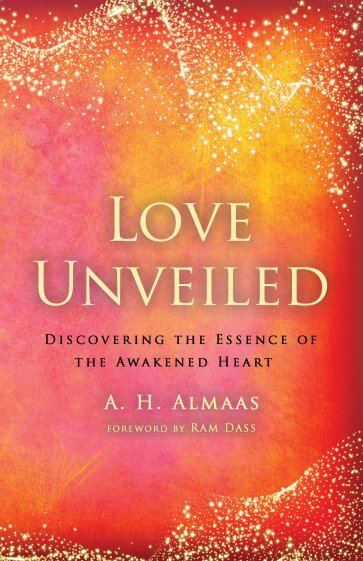Without that meeting with the Guest, without that intimate familiarity with the Beloved, we are fundamentally, ontologically, existentially alone. We are separated from our Beloved. We use the name “our Beloved” because our heart will not feel completely happy, delighted, fulfilled, contented, and rested until it meets with the true object of the heart, the true love of our soul’s heart.

We make so many things more important without understanding what is most central to our well-being. What does it matter what we do in our life? What does it matter if I go here or go there? Or if I have this possession or I don’t have it? If I’m in this situation or that situation? Whether somebody likes me or doesn’t like me? Whether I have this job or engage in this activity or some other one? Whether I’m helping this person or not, or some other person? What does anything really matter if my heart is not happy with itself, if it is not in intimate union with the only thing that can make it totally happy?

Love Unveiled: Discovering the Essence of the Awakened Heart by A. H. Almaas
The love, however—I’d been experiencing the love of inquiry, the love of truth—is too overwhelming to allow me to remain in any limited state, even that of mystical poverty. So the love intensifies, and passionate love melts away even the state of poverty, where now the emptiness in the heart transforms into the dazzling majesty of the absolute. The love becomes so intense, so passionately deep red, that after a while I cannot tell who loves whom. Do I love the absolute or does the absolute love me? The passionate love is the intensity of the annihilating power of the Absolute, as it erases all but itself. – A. H. Almaas
When we become more spiritual, more work-oriented, we begin to experience a passionate longing or love for enlightenment, for God, for freedom, for liberation, for the truth. We’re no longer so enmeshed in the details of our life that we can’t listen to our heart, to our soul, and yearn for what the soul is really hungry for. We can feel the pain of the distance of the soul from its source, but we no longer blame our problems or this painful distance from the Beloved on anything or anyone else. We don’t blame our poor health, the declining economy, dishonest politicians, or whatever other external conditions exist at the time.We know that it’s our own inadequacy, our own ignorance, that is in the way.
We even stop blaming our father or mother and all the people who did not love us or value us enough. Who cares? That’s when we say that a person is genuinely oriented toward the work, toward the truth—because that’s when we understand: “It’s actually only about me and the Beloved.” Blaming is not the point; the point is to get closer to the Beloved. – A. H. Almaas
